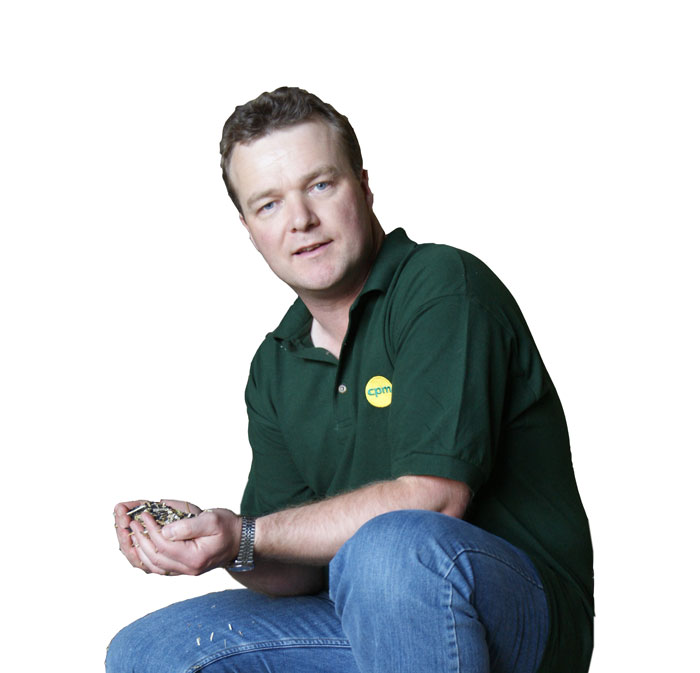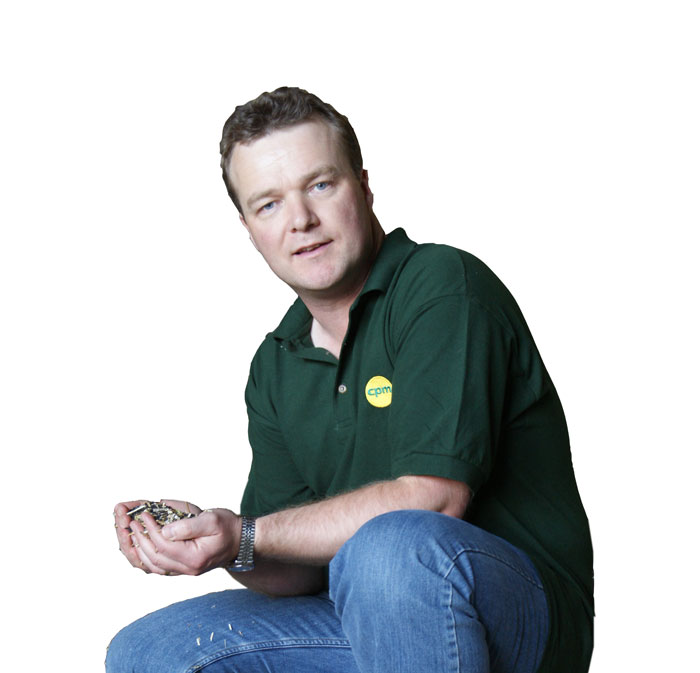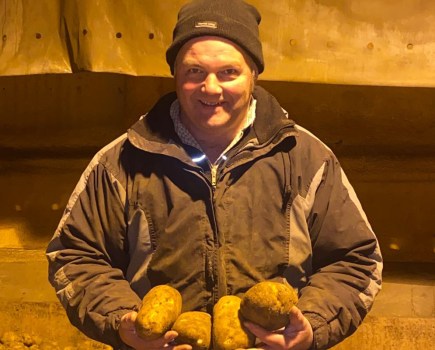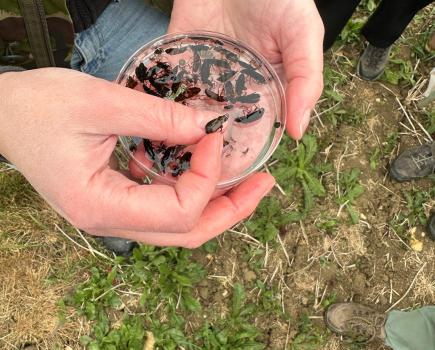 I may be about the only farmer in England who holds this view, but I think Defra’s Path to Sustainable Farming, its roadmap through transition, is a really useful, indeed impressive document.
I may be about the only farmer in England who holds this view, but I think Defra’s Path to Sustainable Farming, its roadmap through transition, is a really useful, indeed impressive document.
Launched at the end of Dec, this puts a fair bit of detail into how Defra plans to manage the move from direct payments to public money for public goods. Most of the focus is on the tests, trials and pilots for the Environmental Land Management (ELM) scheme prior to its full implementation in 2024. The policy paper also looks towards 2028 and to productivity support, referred to as Improving Farm Prosperity.
It’s drawn a lot of criticism, not least from those who say it lacks the details against which you can make a credible business plan. There is also the feeling the reduction of direct payments should be delayed until their replacement are fully in place.
It’s true – for many of us, this will be the first time in our farming career that a sizeable portion of our income we’ve relied on to be fixed will start to reduce to zero. We don’t know how the void will be filled, and we can’t yet build an ELM scheme plan because this policy paper leaves too many questions unanswered, and figures unknown.
But I’m not sure we should have expected these to be presented to us, nor do I think we’d be happy if they were. What is clear from the paper is that there’s a lot of work that’s gone into it. It’s had to consider the views not only of every English farmer, from a shepherd in Cumbria to a Fenland wheat grower, but MPs, NGOs, auditors and of course the wider public. Weaving together a document that fulfils the hopes of that massive span of stakeholders, and moreover inspires every one of those farmers, is an almost impossible task. That’s why the result in my view is an impressive achievement and a credit to every civil servant who worked on it.
What’s different is the word ‘co-design’ that appears no less than 20 times within the document. This policy paper is not a set of instructions but a brief. How we take it forward is up to us – wait for the detail and we’ll forego the opportunity to shape its outcome. So I think this plan is more likely to excite CPM readers than disappoint.
Of particular interest, for example, may be the pledge for “increased investment in agricultural R&D … to drive innovation which will see farmer-led R&D projects trial and demonstrate viability of new and existing technologies”. CPM asked Defra for some clarification here, and received this response:
“The scheme will include mechanisms to bring together innovators, farmers, growers, foresters and researchers to work together, including through consortium-building workshops and networking events. Farmers and growers can get involved in projects by participating in project teams, co-designing research, outputs and plans for sharing results, and by taking part in field trials to test new techniques and technologies on-farm.
“It will fund farmer-led R&D projects to trial and demonstrate the on-farm viability of new and existing technologies to address immediate on-farm productivity challenges. It will pay to connect groups of researchers, farmers, growers and agri-food businesses to work in partnership on projects that are responsive to industry-specific challenges.”
Summer 2021 is when funding calls will be initiated, with pre-launch workshops and events planned to bring together interested farmers with scientists and researchers to form project teams.
So what will you research? What project will you co-design? Perhaps this is an opportunity to explore how you can be part of the solution to climate change. Just over a month ago, CPM chaired a round table meeting that brought together the arable sector’s first Climate Change Champions with industry representatives. Hosted by the NFU, farming minister Victoria Prentis attended. We’ve a full report on proceedings, while ideas to take it forward may include growing miscanthus or to farm carbon for a Sustainable Gain.
But this is just the start. CPM’s Climate Change Champions have already made a palpable difference for UK Farming’s prospects in reaching Net Zero, and we’re now looking for farmers to step forward for 2021, to initiate and drive forward further positive change. The right individuals to do this have their eyes set on this very page, so please take the time to explore how to get involved at www.cpm-magazine.co.uk/climatechangechampions.
It will be an uncertain transition, and Defra’s roadmap won’t really help clear up the doubts. But it is a genuine invitation to shape the future, and in the words of NFU president Minette Batters “this is our time”. So have a great Christmas, because the New Year looks as though it may be one filled with bright prospects.
Tom Allen-Stevens has a 170ha carbon store, renewable food source and wildlife haven in Oxon. @tomallenstevens




